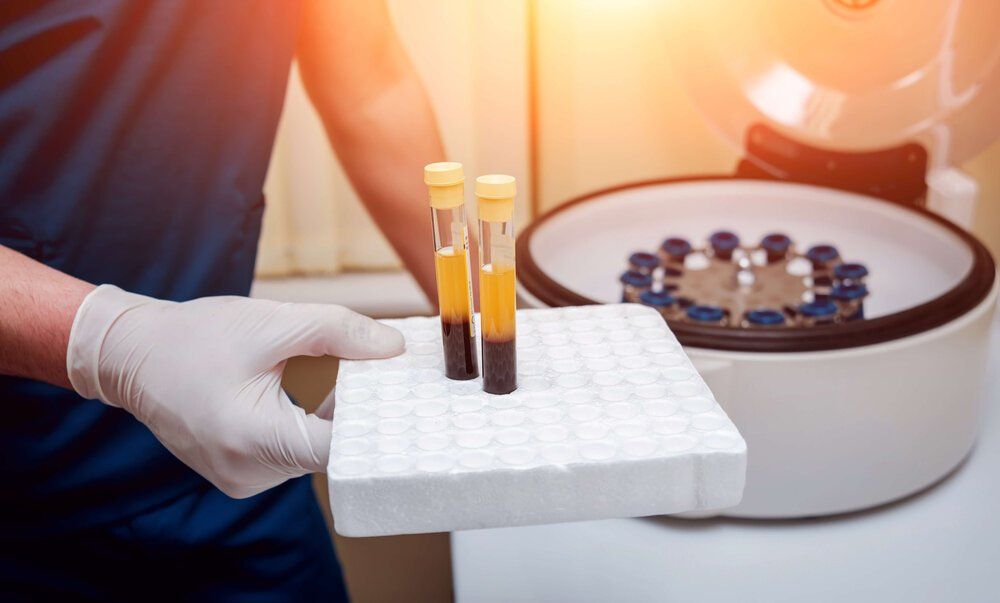Washington DC’s Top Dermatologists Discuss The Difference Between Dry And Dehydrated Skin
DC Dermatologists On Dry Vs. Dehydrated Skin
Integrated Dermatology Tips for Caring for Your Skin in the Winter
In the winter months, it’s tough to tell if you are dehydrated, or simply the victim of cold weather. Integrated Dermatology—Washington DC’s leading destination for expert skincare—offers this guide to determining if you have dry or dehydrated skin.
HELPFUL TIPS FOR DRY SKIN FROM DC’S TOP DERMATOLOGISTS
Winter is the time of year for dry skin. It is cold and windy outside, and the humidity level is low. We use heaters in our cars and inside our homes, which continue to dry out our skin. The Mayo Clinic describes dry skin as a lack of natural oils. Some of the tell-tale signs of dry skin are:
- Flaky Skin
- Itching
- Red and Rough Skin
“Flakiness is my first clue to reach for my SkinMedica HA5 or Kiehl’s Intensive Repair Moisturizer,” says Integrated Dermatology’s Dr. Lauren McKelroy. Ignoring flaky skin can lead to itching or chapped looking skin.
Our skin functions as a barrier against germs and outside pollutants. So, what is the best way to ensure it as strong and healthy as possible? Integrated Dermatology’s Dr. Agnes Chang recommends creams that naturally draw moisture to the skin. “Look for ingredients such as glycerin and hyaluronic acid, which attract water when applied to the skin,” she advises.
Nicole Masson, a Physician Assistant with Integrated Dermatology, follows the, “Ooey Gooey” rule, stating: “Products that are thick and sticky are the best for dry skin. For dry hands I typically recommend using plain vaseline and layering gloves on top for at least 20 minutes a day.”
Protection is the best defense in this situation, but what if you already have cracked skin or are experiencing itching? When symptoms become painful or uncomfortable, it’s time to make an appointment with your dermatologist, as prescription medications might be called for.
HELPFUL TIPS FOR DEHYDRATED SKIN FROM DC’S TOP DERMATOLOGISTS
Dehydration is a systemic problem that affects you internally as well as externally. When you are dehydrated, you might feel dizzy or weak. The skin will show signs of dehydration as well. Some of the visible indicators of dehydration include:
- Loss of Elasticity
- Dullness
- Dark Under Eye Circles
- Rough Skin
“Part of healthy skin is being hydrated,” says Masson.
Water is essential to healthy, normal bodily function and healthy habits include drinking the daily recommended amounts of water. Dr. Chang shares that she aims to drink half her body weight in ounces of water every day. For example, if you weigh 160 lbs., you should aim for 80 oz. of water a day for basic metabolic function. Healthy habits are the foundation of healthy skin, and water is an important building block to optimal skin health. “Your skin will give you clues that water intake is vital,” says Dr. Chang.
If you are concerned about dry skin and or dehydrated skin,
schedule an appointment with one of our board-certified dermatologists or physician assistants today.











